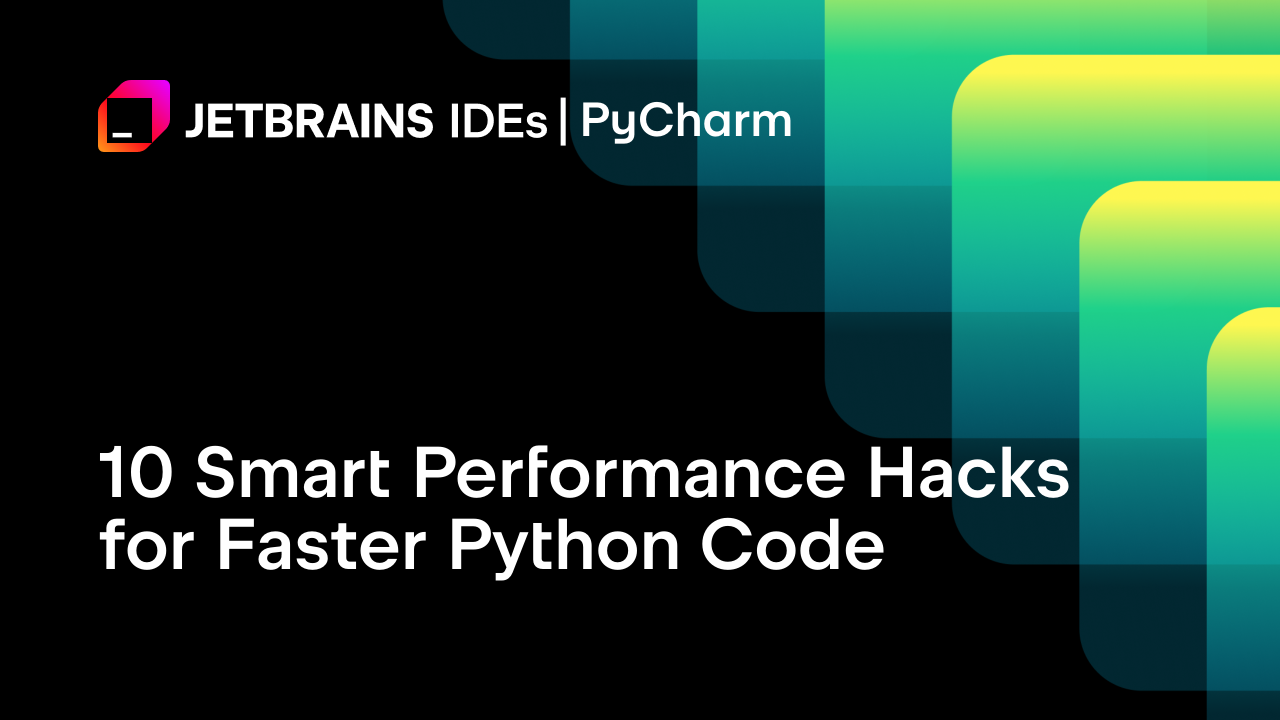
"In the rapidly evolving domain of software development, Python has established itself as a premier language, renowned for its simplicity, readability, and versatility. It underpins a vast range of applications, from web development to artificial intelligence and data engineering. However, beneath its elegant syntax lies a potential challenge: performance bottlenecks that can transform otherwise efficient scripts into noticeably sluggish processes."
"This guide presents 10 rigorously tested performance-enhancement strategies. Drawing upon Python's built-in capabilities, efficient data structures, and low-level optimization techniques, it offers practical methods to accelerate code execution without compromising the language's characteristic clarity and elegance. Supported by empirical benchmarks and illustrative code examples, these techniques demonstrate how incremental improvements can yield substantial performance gains - empowering developers to transition from proficient practitioners to true experts in high-performance Python programming."
Python combines simplicity, readability, and versatility, powering applications from web development to artificial intelligence and data engineering. Performance bottlenecks can turn efficient scripts into sluggish processes, especially when handling large datasets, real-time systems, or computationally heavy tasks. Ten tested strategies improve speed by leveraging built-in capabilities, efficient data structures, and low-level optimizations. Practical methods include using sets for membership testing, choosing optimal data structures, applying C extensions and profiling, and running empirical benchmarks with illustrative code examples. Incremental improvements across these areas yield substantial gains, enabling developers to write high-performance Python without sacrificing clarity.
Read at The JetBrains Blog
Unable to calculate read time
Collection
[
|
...
]